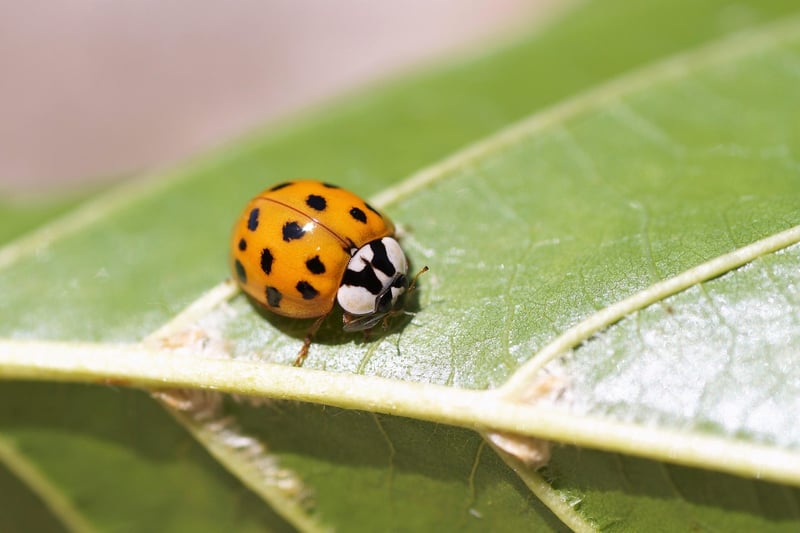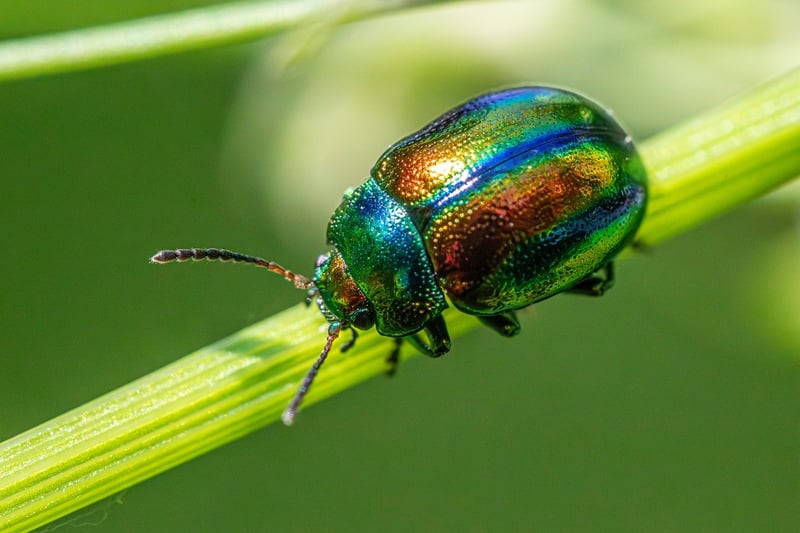Pest control methods
Keeping Your Garden Healthy: Effective Pest Control Methods
Having a thriving garden requires more than just planting and watering. It also involves keeping your plants healthy and free from pests. In this article, we'll explore some effective pest control methods to help you maintain a vibrant and pest-free garden.
1. Cultural Control
Cultural control methods involve practices that create an environment less favorable for pests. This includes proper plant spacing, crop rotation, and maintaining good soil health. By promoting plant vigor and diversity, you can naturally reduce pest populations.
2. Biological Control
Biological control involves using natural predators or parasites to manage pest populations. Ladybugs, lacewings, and parasitic wasps are examples of beneficial insects that can help control common garden pests like aphids and caterpillars.
3. Mechanical Control
Mechanical control methods involve physically removing pests from plants. This can be done by handpicking larger pests, using barriers like row covers to exclude insects, or installing traps to capture pests like slugs and snails.
4. Organic Pesticides
If cultural, biological, and mechanical methods are not sufficient, organic pesticides derived from natural sources like neem oil, insecticidal soap, or pyrethrin can be used as a last resort. These pesticides are less harmful to beneficial insects and the environment compared to synthetic chemicals.
5. Companion Planting
Companion planting involves growing certain plants together to enhance the health and pest resistance of the garden. For example, planting marigolds alongside tomatoes can help repel nematodes, while planting basil near tomatoes can deter tomato hornworms.
Conclusion
By incorporating a combination of cultural, biological, mechanical, and organic control methods, along with companion planting techniques, you can effectively manage pests in your garden while promoting plant health and biodiversity. Remember, a healthy garden is a happy garden!


